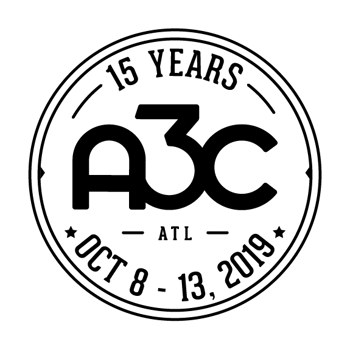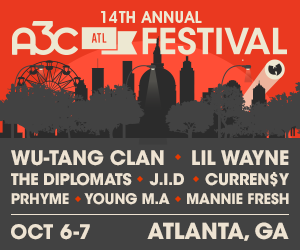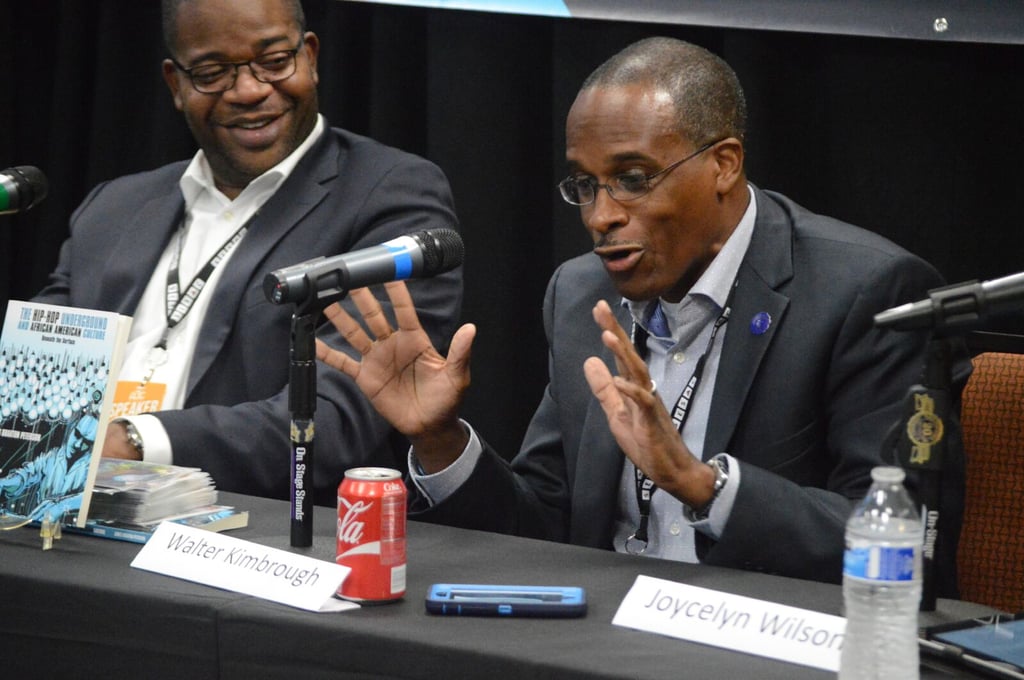 Chris Triplett for A3C Media Services
Chris Triplett for A3C Media Services
A3C’s “Hip Hop Through Education” panel was a very interesting take on the role of Hip-Hop music in educational settings. Even though Hip-Hop is a relatively unappreciated aspect of American culture, there are a number of professionals who choose to use the craft as a tool to engage with students and teach social lessons, several of whom spoke at the panel.
While the forum, led by Dr. Joycelyn Wilson, featured a number of highly sought-after scholars, I maintained an informal style with lots of banter, anecdotes and audience engagement. Dr. Wilson opened the discussion by speaking on the preservation of Hip-Hop culture, specifically by asking Timothy Burnside, Curatorial Specialist at the Smithsonian's National Museum of African American History, what her museum means for Black culture.
“The museum means everything for people of color,” Burnside said. “We are constantly learning how objects from iconic moments in Hip-Hop represent real-life situations and narratives that people face every day. We find artifacts that aren't traditionally of interest, so we have many layers of interpretation. The museum is saying that hip hop is needed.”
Fellow pHD Dr. James Peterson also spoke on how Hip-Hop serves as an important teaching tool in two books he’s published, The Hip-Hop Underground, and Hip-Hop Headphones.
“When I was in school, Hip-Hop wasn’t accepted as a viable scholarly source for research and study,” Peterson said. “Nobody appreciate the style of prose for my dissertations, but I think now people are beginning to realize how powerful Hip-Hop can be as a tool for inspiring healthy dialogue with young people. For anyone looking to begin their own Hip-Hop class, you can use my publications as a textbook for teaching.”
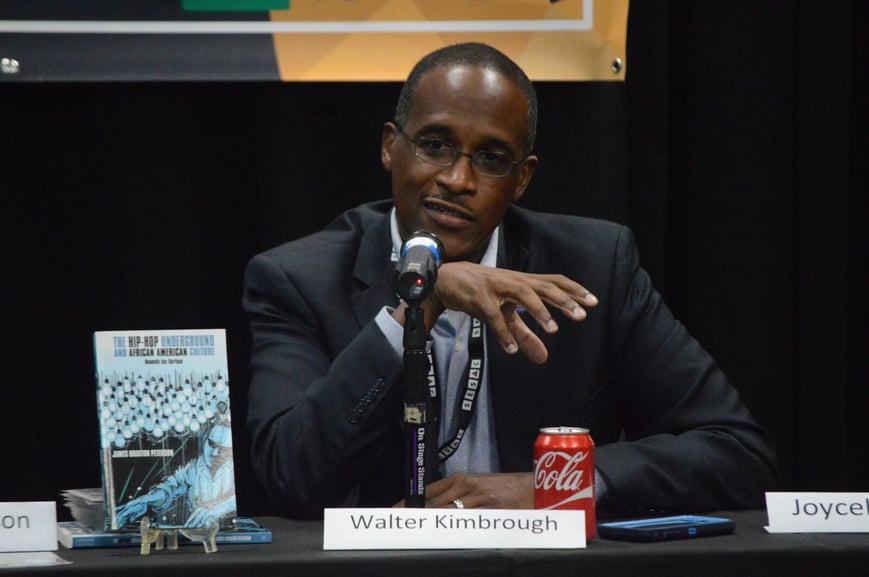 Chris Triplett for A3C Media Services
Chris Triplett for A3C Media Services
Essentially, all of the speakers at the panel felt that Hip-Hop can be a great platform for analyzing the struggles and experiences of Black people, as well as a relatable tool for sparking discussions with younger students that may not connect with traditional lesson plans. Dr. Walter Kimbrough, former President of Philander Smith College and current President of Dillard University, spoke in detail about some of the steps he had to take to break down walls and get Hip-Hop integrated into his school curriculums.
““I became a college president at 37 years old, so I wasn't traditional in my practices,” Kimbrough said. “When I came with a Hip-Hop attitude, many people didn't accept my stance as an acceptable representation. I had to personally curate a class to speak on religion, gender, class and how we deal with truth in current times. My classes allow us to bring in artists like Killer Mike who can speak to students up close and give them something real to identify with.”
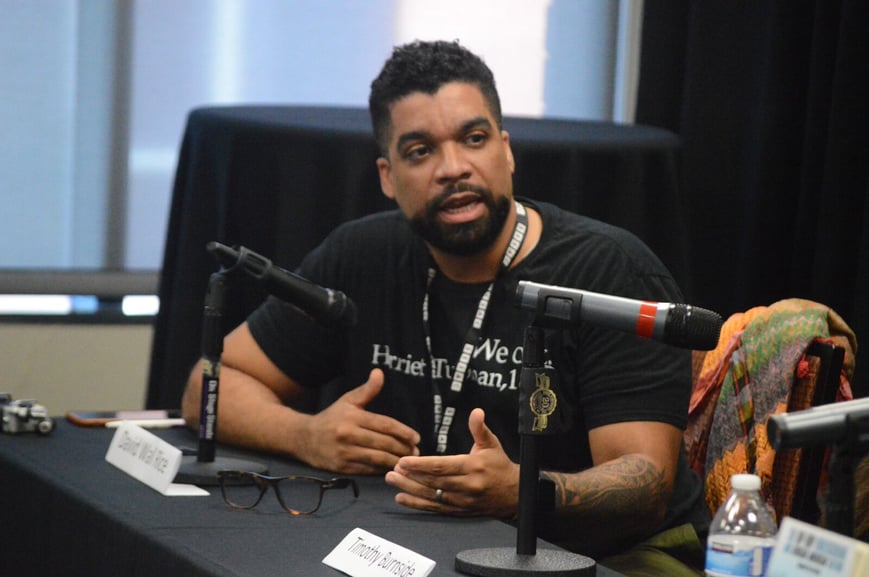 Chris Triplett for A3C Media Services
Chris Triplett for A3C Media Services
David Wall Rice, Associate Professor and Chair for Morehouse, also explained that although much progress has been made, many schools still fail to fully acknowledge Hip-Hop as a learning tool.
“Morehouse is very hesitant about embracing it because they're conservative, like many of these universities,” Rice said. “They're inclined to mimic traditional Ivy League institutions. I think it's insulting to assume that successful artists like Rick Ross who are able to speak eloquently on their experiences and tell amazing stories can’t be used as architects for social learning.”

